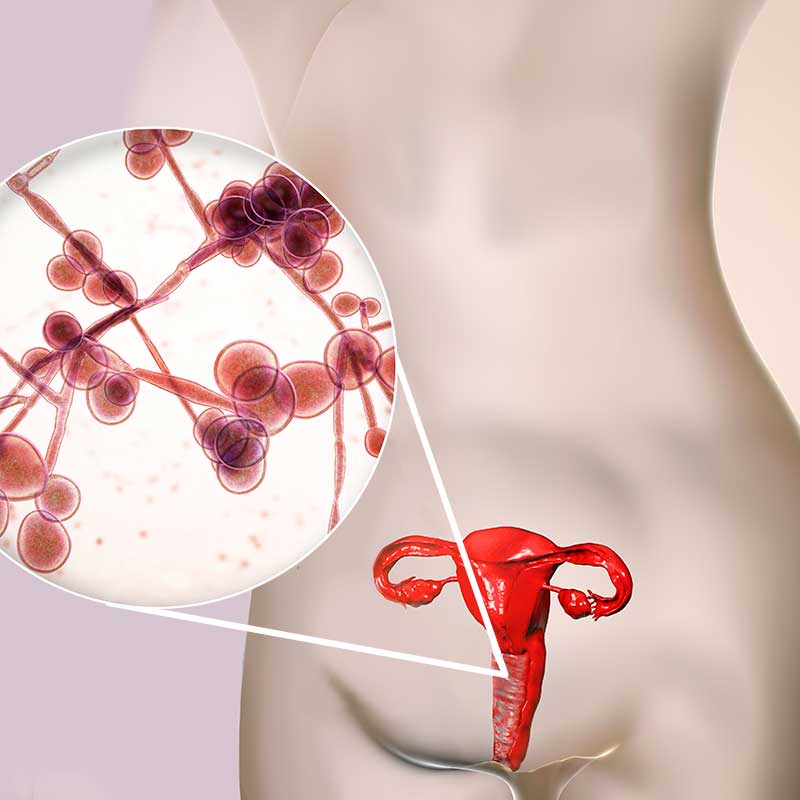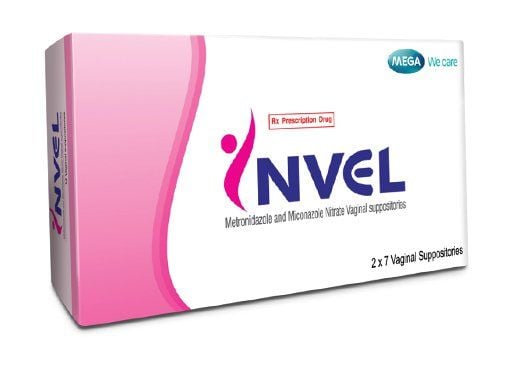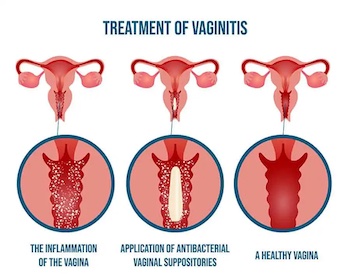


Date: 13 Aug 2025
Vaginitis is a broad medical term used to describe inflammation or infection of the vagina, often resulting in irritation, abnormal discharge, and discomfort.
It is among the most common gynecological conditions affecting women of all ages, with millions of cases reported globally each year.
Women of reproductive age are most commonly affected, though it can occur at any age.
Risk factors include frequent antibiotic use, hormonal imbalances, poor hygiene habits, tight or non-breathable clothing, and the use of scented feminine products. Additionally, sexually active individuals may be more prone to recurrent vaginitis, especially if proper protection is not used.
Vaginitis can be caused by various agents and conditions:
The symptoms of vaginitis often vary depending on its underlying cause. However, several general signs are commonly observed:

Effective treatment is based on identifying the specific cause of the condition. One of the leading treatment options for infection-related vaginitis includes INVEL FORTE L Vaginal Suppositories.
Formulated to target inflammation, infection, and discomfort, INVEL FORTE L suppositories provide localized relief by restoring the healthy vaginal ecosystem.
Their active ingredients work to eliminate harmful microbes while soothing irritation and promoting tissue regeneration. Used consistently as directed, they help reverse the symptoms of vaginitis safely and effectively.
You can conveniently purchase INVEL FORTE L from Pharmily.co.ke, a trusted online pharmacy offering authentic medical and health care products in Kenya.
It is strongly advised to abstain from sexual intercourse until symptoms fully resolve.
Engaging in sexual activity during treatment can worsen inflammation, prolong healing, and increase the risk of reinfection. Additionally, sex may disrupt the vaginal flora, counteracting the healing process initiated by medications.

While vaginitis is treatable, prevention remains key to maintaining long-term vaginal health. The following habits have been proven effective:
Gently clean the vaginal area daily using lukewarm water. Avoid harsh soaps, douches, or antiseptics that can irritate the skin and disturb the natural pH.
Ensuring the area is dry after washing reduces moisture buildup, which can otherwise promote fungal growth.
Cotton underwear allows airflow and absorbs moisture better than synthetic fabrics. This minimizes the risk of excessive dampness and bacterial buildup, particularly in warm or humid conditions.
Opt for loose-fitting garments and avoid tight jeans or non-breathable materials.
Always wipe from front to back after using the toilet. This technique prevents bacteria from the rectal area from spreading to the vagina and urethra, thereby reducing the risk of infections such as urinary tract infections and bacterial vaginosis.
Scented menstrual products can contain chemicals that disrupt vaginal flora. Using unscented, hypoallergenic tampons and avoiding deodorizing sprays helps maintain a natural, irritation-free environment.
Yogurt contains live cultures such as Lactobacillus acidophilus, which help keep the vaginal pH in balance. Regular intake of probiotic-rich foods or supplements can help restore and maintain a healthy balance of flora, especially after antibiotic use.
Tampons should be changed every 4–6 hours. Leaving them in too long can increase bacterial growth and heighten the risk of toxic shock syndrome (TSS), as well as recurrent infections.
High sugar and alcohol intake can encourage yeast overgrowth in the body. A balanced diet with reduced refined sugars supports immune health and maintains a more stable vaginal environment.
Vaginitis, while common, should never be ignored. Understanding its causes, symptoms, and preventive strategies empowers women to take control of their reproductive health.
With effective treatment options like INVEL FORTE L Vaginal Suppositories, available from Pharmily.co.ke, and consistent hygiene habits, vaginitis can be treated and even prevented entirely. Prioritizing vaginal wellness is a critical part of overall health and well-being.